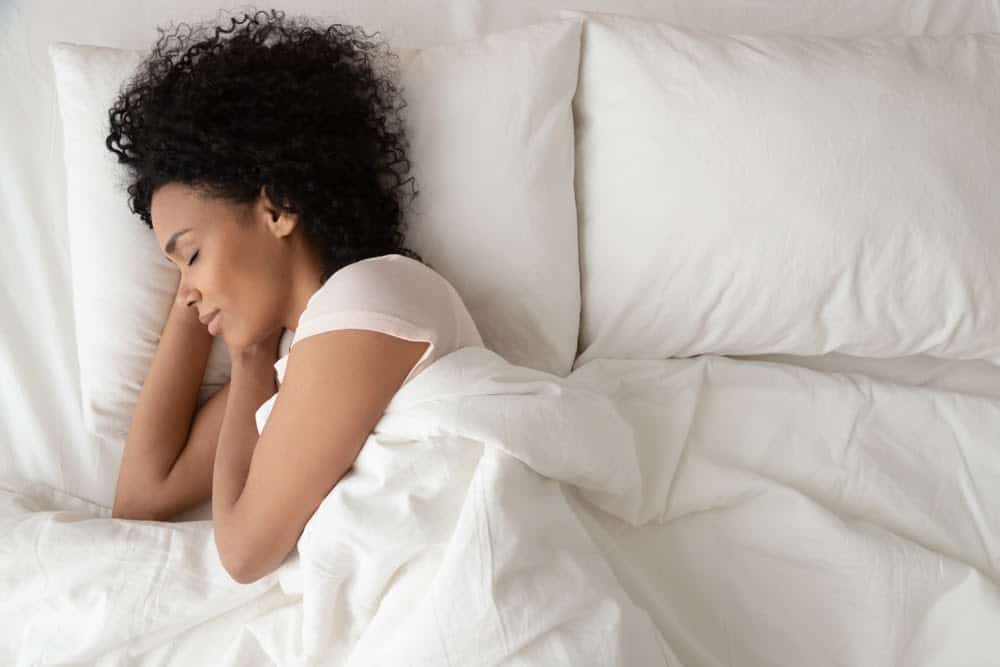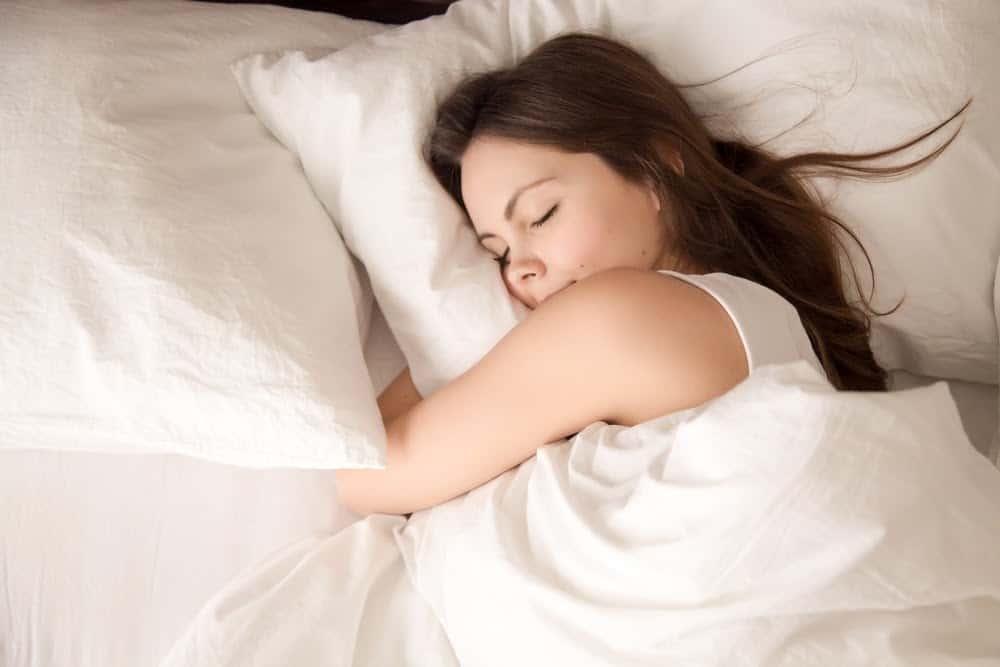We should always be a little skeptical when reading a Facebook post or even watching the news on television. There is much propaganda and false info out there now. You can never be too sure of the information that is given to you. You want to make sure it is coming from a reliable, trustworthy source. Once you know it is coming from a good source, it is always good to double-check your facts. Some posted things are false, even when you know that they are most likely common knowledge. Sadly, this goes for health myths, too.
Use an analytical mind and question the things that you are unsure of, especially when it comes to health-related topics. If you put your complete trust into health-related things, you could think you are doing something good for your body, when in reality, you are hurting it. If you are unsure, it is always good to research, ask a friend, or even make a visit or call your doctor. There is so much helpful information online now, like Women’s Health, that you should be able to find your answer . That is a list of some common myths you see in news outlets that are usually bogus or only give you part of the whole story. After reading, you can explore more health myths! Check out the real health benefits of regular exercise next.

40. Health Myth: You need an exact eight hours of sleep every night.
If you can get eight hours of sleep a night, that is great! It is not a set-in-stone number, though, so don’t sweat it if you can’t hit that number. The Nation Sleep Foundation doesn’t even have a solid amount that they recommend you get every night, but rather a range. The range they suggest is between seven hours and nine hours a night. If you can get in between that, you are doing good. As long as you feel rested throughout the day, you should be getting enough sleep, which, unfortunately, many people lack.

Lots of people have a tracker, whether that be a Fitbit or an Apple Watch. These devices come with free apps where you can see how you slept the night before. It will give you your REM sleep range, light sleep, and when you woke up during the night. Keep track of these sleep patterns and how you felt during the day. You may find that you are more productive during the day when you get seven hours of sleep instead of nine. Everyone is different, so you just need to go by how you feel.
